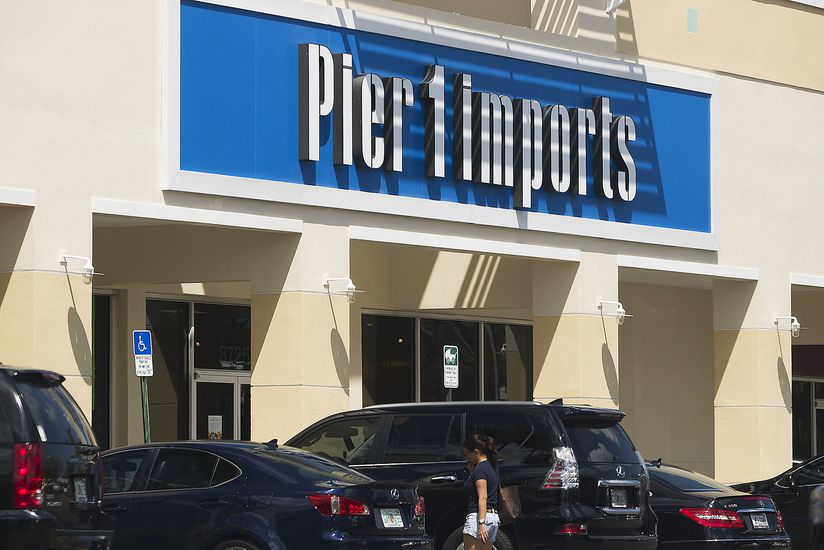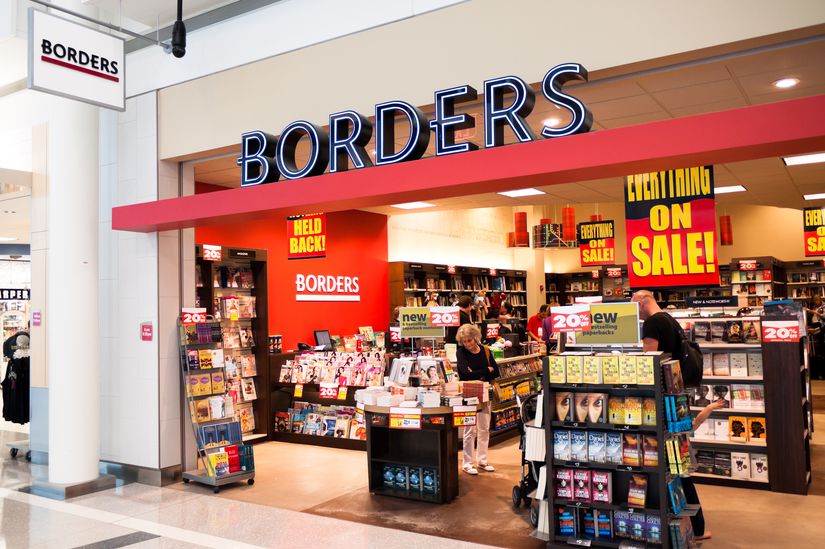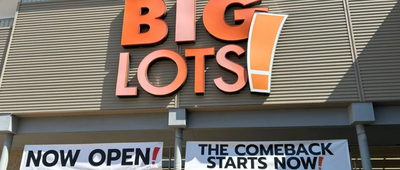The Retail Apocalypse
Whether from changing consumer habits, the pandemic, or financial mismanagement, many well-known retailers have been forced to shut their doors in recent years. And the list is likely to grow. Analysts say Bed Bath & Beyond, Rite Aid, Party City, and Tuesday Morning are among retailers facing an elevated risk of bankruptcy as a global recession looms and may join the ranks of stores that are no more. From Lord & Taylor to Borders, you may not realize how many stores went out of business.
Christine Clark and Jeff Rindskopf contributed to this report.



























































